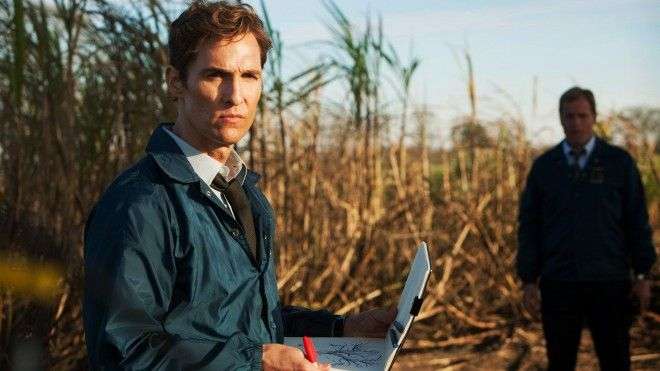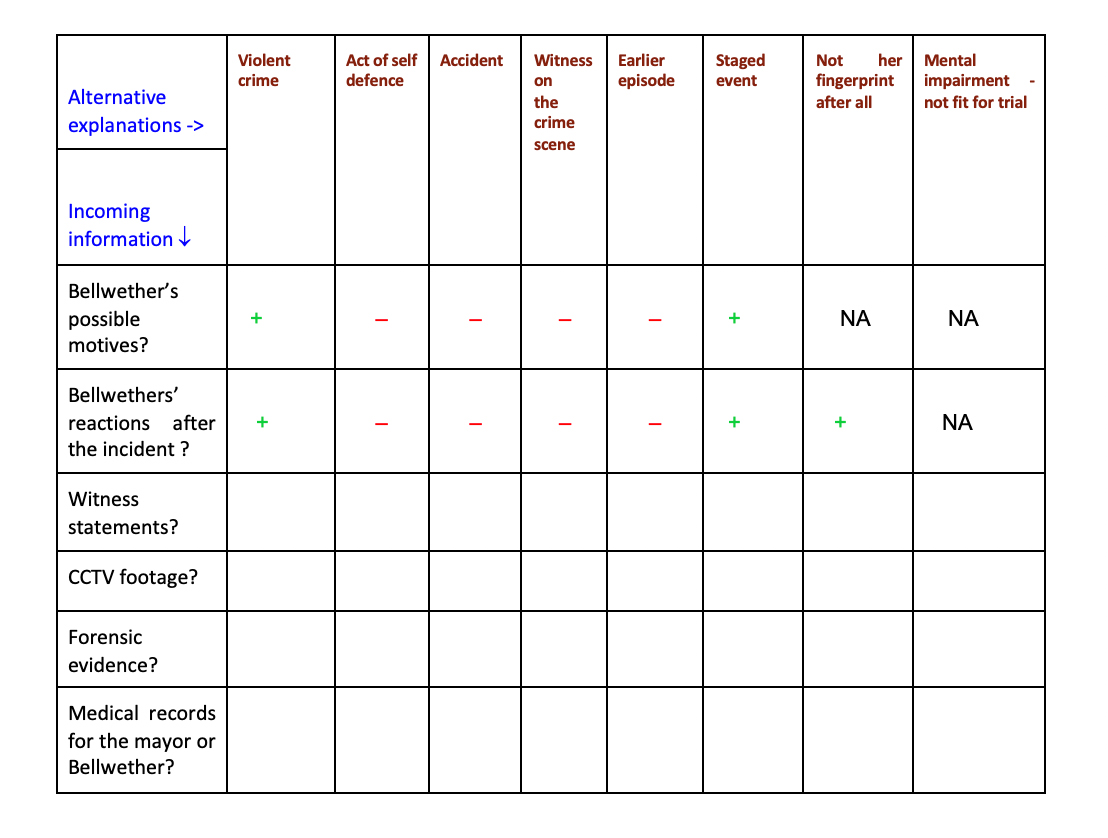With these cognitive tools, you can also think about problems like a detective.
The Translation Bureau is a subordinate translation team, focusing on technology, business, workplace, life and other fields, focusing on introducing new foreign technologies, new perspectives, and new trends.
Editor’s note: In those years, who hasn’t been fascinated by a few detectives? Whether it’s “Duck Detective”, “Detective Conan” or “Sherlock”, the tense and brain-burning plots are unstoppable. But in the real world, how do detectives think about problems? The best detectives seem to have near-supernatural insight, but the cognitive toolbox of detectives is something anyone can use. How to learn from the detectives to improve our decision-making in daily life, this article gives some suggestions. The original title How to think like a detective, author Ivar Fahsingis is a detective director and associate professor at the Norwegian Police University College in Oslo. He has 15 years of experience as a senior detective at the Oslo Police Department and the Norwegian National Criminal Investigation Agency.
Related articles:
Think like a detective: 15 years of “cognitive toolbox” for professional police detectives (1)
Use mind map
As you can see, there are more alternatives, maybe you thought of it at the beginning. To help our fragile minds, we need practical methods and information processing tools to track our investigations. This will help your brain be more accurate and reduce the risk of drawing conclusions prematurely. Therefore, you should use a matrix or “mind map” to record your investigation, listing the upcoming sources of further information and all alternative explanations for the crime scene (see the table below). This will also create transparency, allowing a second opinion on your thoughts and judgments, and you will gradually see whether information from different sources narrows the scope of the investigation.
As you get each new point of information, you mark on the matrix what it means for each different possible explanation or hypothesis. The judgment symbols in the matrix have three different codes: the green plus sign means that the explanation is supported; the red minus sign means that the facts passed against the hypothesis, and N/A means that the information has no effect on the hypothesis. Hypotheses that have attracted the most opposition or minus signs can be gradually rejected, and you continue to advance those that have received more support. Your investigation should document all relevant hypotheses identified in the case, and the investigation should seek to overturn every hypothesis. Finally leftThe hypothesis may be the most powerful theory, but as a true detective, you’d better leave it to others to make the final judgment.
The cross-checking of all these minutiae is “digging deeper.” You can measure the quality of your survey on the two axes of the matrix: at a glance at the number and scope of your hypotheses, you know whether you have enough breadth to capture real potential solutions, and your survey actions will tell you whether Have dug deep enough to find facts that prove or disprove different hypotheses. In other words, you need to consider both the breadth and depth of your investigation.
Recruit a “Devil’s Advocate”
Normally, in any investigation, there will always be something you overlooked or did not know. This is why an open-minded and critical friend is so indispensable, just like Dr. Watson in the story of Holmes. As Holmes said: “Watson, you have a great talent for reticence. This makes you quite precious as a companion.” Watson is the so-called “spokesperson of the devil”. Dr. Watson’s role is not to solve the case, but to be skeptical, pointing out things that Holmes may have overlooked or misunderstood.
Remember that evidence, new ideas, or insights can be found where you least expect it. This is why all professional detectives should show empathy, humility, ask questions, and develop their listening skills. Investigative interviews are conducted by gently retaining their opinions, asking open-ended questions, and using silent and active listening techniques such as nodding and responding. This also extends to listening to your devil’s spokesperson. The ability to accept other opinions is not only an important skill for detectives, but also an important skill for any modern decision maker. In a world of ever-increasing complexity, there is no room for lone travelers.
Key points
We are not natural detectives or good decision makers. Your “Caveman” brain will constantly try to fool you and make you make quick and bad decisions.
In particular, there is a cognitive bias that makes it difficult for you to think like a detective: “What you see is all.” The antidote is to resist jumping to conclusions and seeking more information.
Take a step back and determine what you currently know. Try to postpone any conclusions. Instead, use what you already know as a starting point for a systematic investigation. What you don’t know, how can you find it?
Find all possible explanations and write them down.
Think again, there is always something you will forget.
Use a mind map to record the information entered and whether it supports or opposes various possible explanations. Look for patterns instead of rushing to conclusions. Make sure your investigation has sufficient breadth (number of investigation routes) and depth (evidence received).
Appoint a competent spokesperson for the devil, look at the issue from a critical point of view, and raise objections before or during execution.
Be curious, patient, and a good listener.
Exercise: Your brain needs training like other muscles. Embrace your doubts, start digging, stay humble, and continue to improve yourself.
Learn more
Increased complexity
Today, managing a major investigation, or any modern project, is fundamentally different from 30 years ago. According to management scholars Gökçe Sargut and Rita Gunther McGrath, complexity has gone from being mainly in large systems, such as cities, to affecting almost everything we do: our lives, our jobs, and the projects we run. Or organization. Therefore, the gap between our initial thoughts and reality has almost exploded. Much of this growth stems from the information technology revolution of the past few decades. The hidden, constant or independent phenomena in the past are now tangible, interrelated and interdependent. Complex systems interact in unexpected ways. New models are formed, and outlying people are often more important than average. To make matters worse, our analysis tools have not kept up with these developments. In general, we have a lot of knowledge about how to manage complexity, but this knowledge has not yet been transformed into effective tools. Some people predict that artificial intelligence may be our savior, while others think it is our failure.
In practice, this rising complexity means that whenever you encounter a dilemma involving inductive reasoning in real life, such as finding out the reason for the failure of a product launch, your child’s learning difficulties in school The reason, or the reason your smartphone stopped working, is more important than ever that you learn how to think more systematically. More like a detective.
Thinking like a detective is a skill to practice
Thinking of a problem in a detective way does not always guarantee the solution of the problem. As a detective, there are still many situations beyond your control. There are always things you don’t know, maybe you never know. In other words, using the methods I have outlined will help you deal with the complexity inherent in almost any investigation or other difficult decision. If you learn how to systematically shift focus and deepen your understanding, you will increase your chances of finding quick and simple solutions to problems. In more complex and high-risk matters, following the methods of experts and detectives will help you reduceReduce the risk of drawing conclusions prematurely, so as to avoid serious mistakes on the way. Through practice, we can adjust the automatic path of the brain, uncover our inner detectives, and improve our decision-making. This is just like any other skill. The more you practice, the better you will be.
Translator: Di Kewei
Related articles:
Think like a detective: 15 years of “cognitive toolbox” for professional police detectives (1)

